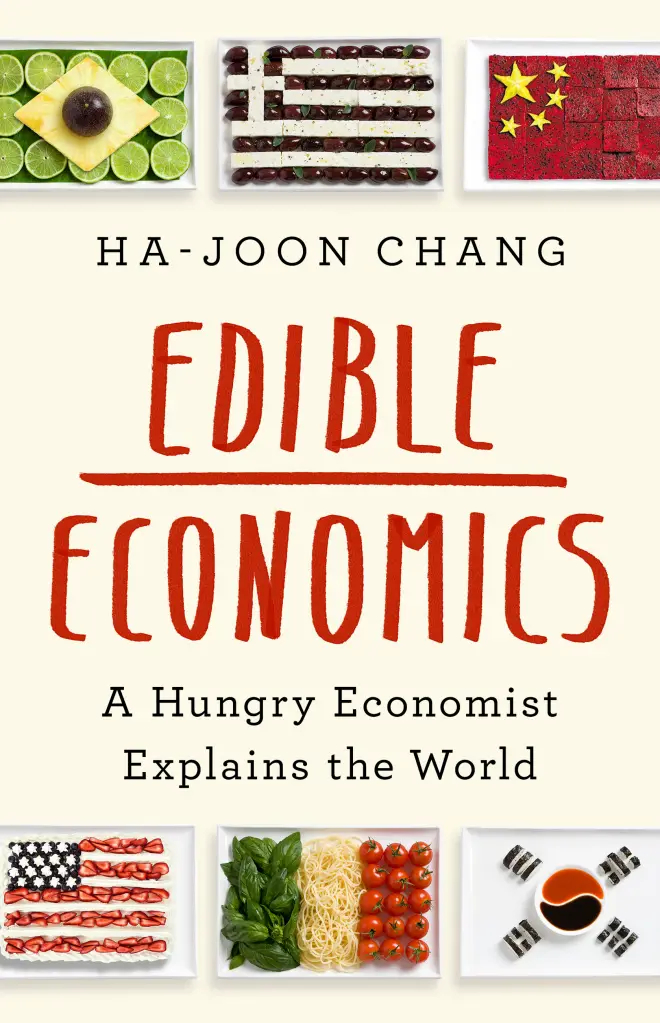Appetizers in development economics
DOI:
https://doi.org/10.5304/jafscd.2023.124.020
Keywords:
Development Economics, Neoliberalism, International Trade, Globalization, ImmigrationAbstract
First paragraph:
In Edible Economics, South Korean development economist Ha-Joon Chang argues against the neoliberal philosophy that “has normalized self-serving behavior” (p. xxii). He contends that the discipline of economics is a determinant factor in idea creation and in the organization of our lives, and therefore it is useful to understand how economic theory translates into reality. He also believes that a broad understanding of economics can help “make our society a better place to live for us and the coming generations” (p. xxiv). Food, the author admits, does not fit seamlessly into this objective and is instead a device to reel in the attention of the reader before expanding on development economic theory. The marriage between personal food stories and economics can sometimes feel disjointed; the reader may wonder how a chapter beginning with the history of rye leads to Otto von Bismarck’s establishment of the welfare state. But, with Chang’s palpable gregariousness, love of food, and general self-awareness, his essays succeed in making economics more “edible.” . . .
Metrics

Downloads
Published
How to Cite
Issue
Section
Categories
License
Copyright (c) 2023 Ryder Bell

This work is licensed under a Creative Commons Attribution 4.0 International License.
The copyright to all content published in JAFSCD belongs to the author(s). It is licensed as CC BY 4.0. This license determines how you may reprint, copy, distribute, or otherwise share JAFSCD content.












